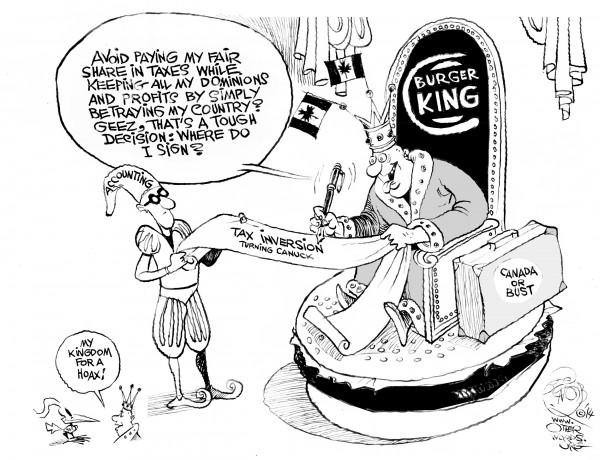Republican lawmakers celebrated Tax Day by voting to repeal the estate tax. If they get their way, the multimillionaires and billionaires who fund their election campaigns will reap a huge tax break.
First, some myth busting.
The federal tax on inheritance only applies to estates of more than $5.3 million for an individual and $10.9 million for a married couple. That’s only a few very, very rich people. For example, it only applied to 5,000 of the 2.6 million people who died in 2013.
And for the record, only 20 of those estates were small farms or family businesses. Nobody ever lost a family farm because of the estate tax.
The estate tax is a way to get a few very rich people to pay taxes they avoided while alive. A lot of the wealth subject to the tax is money made in the stock market—which is taxed at far lower rates than money earned from work.
For a more basic explanation of why we have an estate tax, a good place to start is with Republican President Teddy Roosevelt.
Roosevelt came from a wealthy family and made clear that he respected people who made “a fortune,” as long as “it is honorably obtained and well used.” He was also an avid proponent of taxing inheritances.
The way Roosevelt saw it, taxing estates was essential “to preserve a measurable equality of opportunity for the people of the generations growing to manhood.”
For this privileged man, wealth wasn’t just an individual asset. He understood that people got rich not by themselves, but because they were part of a productive society. No one gets rich on a desert island, after all.
Roosevelt also believed that massive untaxed inheritances served “no advantage” to the individual, who by inheriting “enormous fortunes” didn’t learn the virtues of work.
He knew what he was talking about, as he saw the wasteful lifestyles and entitlement of the people he grew up with. He viewed this as anathema to core American values of equality.

